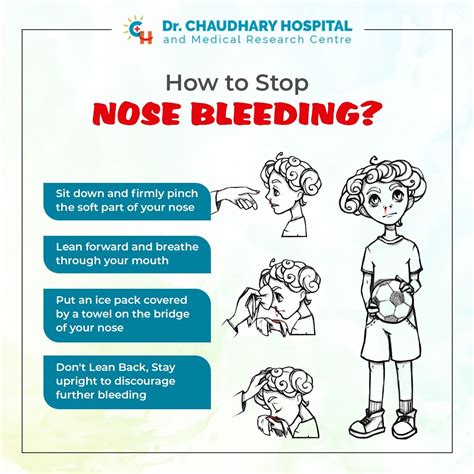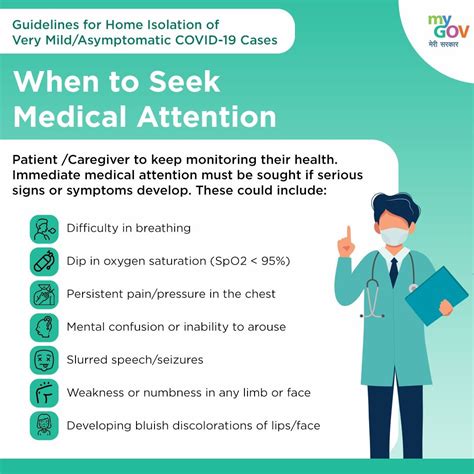Intro
Learn how to stop nose bleeds quickly with effective remedies and treatments, including nasal pressure, cold compress, and nasal saline solutions to prevent recurring epistaxis and promote healing.
Nose bleeds, also known as epistaxis, are a common condition that can occur in anyone, regardless of age or health status. They can be caused by a variety of factors, including dry air, allergies, colds, and injuries. While most nose bleeds are not serious and can be treated at home, they can be frightening and uncomfortable. In this article, we will discuss the importance of knowing how to stop nose bleeds quickly and effectively.
Nose bleeds can be a sign of an underlying health issue, such as high blood pressure, a bleeding disorder, or a tumor. However, in most cases, they are caused by a minor injury or irritation to the nasal passages. When a nose bleed occurs, it is essential to remain calm and take the necessary steps to stop the bleeding. This can help prevent further complications, such as anemia, and reduce the risk of infection.
The ability to stop nose bleeds quickly is crucial, as it can help alleviate discomfort, reduce the risk of complications, and prevent further bleeding. Knowing the proper techniques and methods for stopping nose bleeds can also help individuals feel more confident and prepared in the event of a nose bleed. Whether you are experiencing a nose bleed yourself or are trying to help someone else, it is essential to know the best ways to stop the bleeding and promote healing.
Understanding Nose Bleeds

Causes of Nose Bleeds
The causes of nose bleeds can be divided into several categories, including: * Dry air * Allergies * Colds and sinus infections * Injuries, such as a blow to the nose * High blood pressure * Bleeding disorders, such as hemophilia * Tumors or cancer * Medications, such as blood thinnersTechniques for Stopping Nose Bleeds

Additional Methods for Stopping Nose Bleeds
In addition to applying direct pressure, there are several other methods that can be used to stop nose bleeds. These include: * Applying a cold compress to the nose to constrict blood vessels * Using saline nasal spray to moisturize the nasal passages * Elevating the head to reduce blood flow to the nose * Avoiding strenuous activities, such as bending or lifting * Avoiding blowing your nose or sneezingHome Remedies for Nose Bleeds

Natural Remedies for Nose Bleeds
In addition to home remedies, there are several natural remedies that can be used to help stop nose bleeds. These include: * Using neti pots to rinse the nasal passages with saline solution * Applying a small amount of apple cider vinegar to the nostrils to help balance the pH of the nasal passages * Using essential oils, such as eucalyptus or peppermint, to help reduce inflammation and promote healingWhen to Seek Medical Attention

Preventing Nose Bleeds
To prevent nose bleeds, it is essential to take steps to protect your nasal passages. This can include: * Using a humidifier to add moisture to the air * Applying a small amount of petroleum jelly or coconut oil to the nostrils to moisturize the nasal passages * Avoiding blowing your nose or sneezing * Avoiding spicy or spicy foods that can irritate the nasal passages * Getting plenty of rest to help your body healConclusion and Next Steps

We hope this article has provided you with the information and resources you need to stop nose bleeds quickly and effectively. If you have any further questions or concerns, please do not hesitate to reach out to a medical professional. Share this article with friends and family to help spread awareness and promote healthy habits.
What are the most common causes of nose bleeds?
+The most common causes of nose bleeds include dry air, allergies, colds and sinus infections, injuries, and high blood pressure.
How can I prevent nose bleeds?
+To prevent nose bleeds, use a humidifier to add moisture to the air, apply a small amount of petroleum jelly or coconut oil to the nostrils, avoid blowing your nose or sneezing, and get plenty of rest to help your body heal.
When should I seek medical attention for a nose bleed?
+Seek medical attention if the bleeding is heavy or does not stop after 10-15 minutes of direct pressure, if you experience difficulty breathing or swallowing, or if you have a fever or signs of infection.
